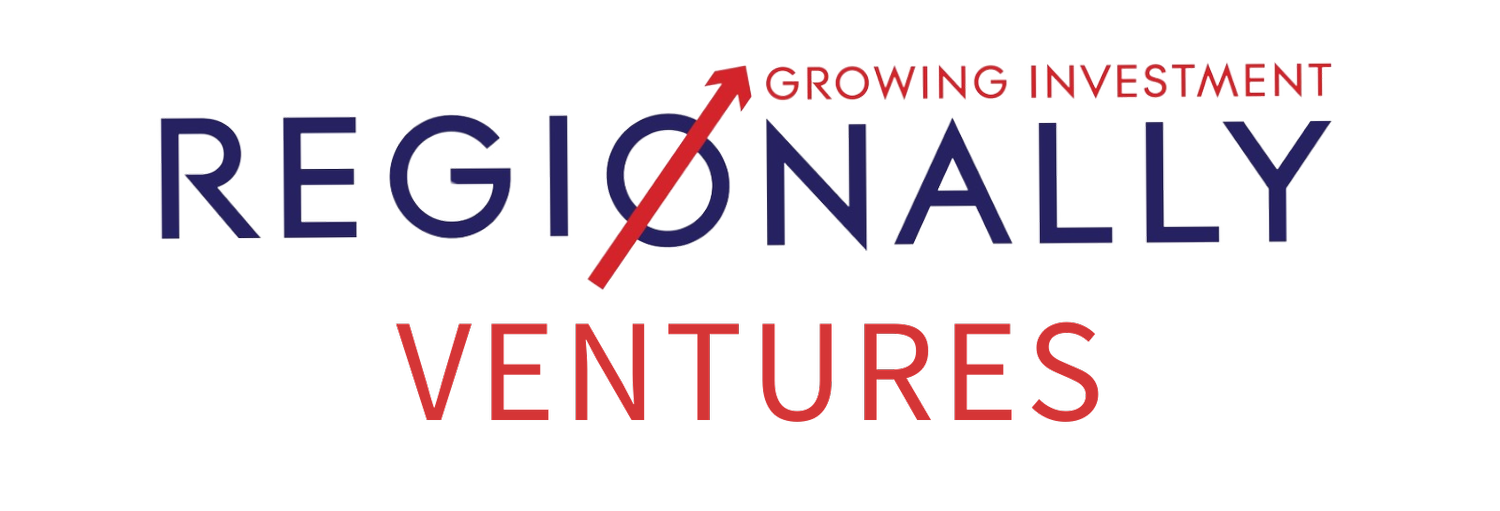The Return of the Zombies
They are creepy, dead but have an unpleasant habit of trying to eat you and as neighbours they are probably not doing a great deal for the value of your house. Zombies have always had a high profile in the horror genre, however there is another area of zombie development, which can often be extremely damaging to your wealth – the zombie company.
Zombie companies have actually been around for a long time and although it is an overly dramatic title for certain companies, it does effectively describe those that struggle to survive but in effect cannot die.
How does this come about? Often you will find that such companies will have borrowed large amounts of debt, and many will have been positively encouraged to borrow even more to ‘give them rocket fuel for growth’ or ‘increase the efficiency of their balance sheet’. But whatever the apparent justification by certain private equity firms, such companies subsequently find themselves at greater risk. When the economy is growing well the underlying risks cannot be seen, however, when there is a downturn, the pain of the debt comes to the fore.
In such stressed times, many companies will fail, evidence of which can be found on our very own highstreets, with the once fashionable Jamie’s Italia and Carluccio’s. However, there are also circumstances where those debt levels are so high that the banks don’t want to incur the cost of increasing their losses and bad debts (let alone their already tarnished reputations). These then, are the zombies – they are not able to increase their borrowings to try to grow, but equally they cannot be humanely put down. This is a bad situation for a vibrant economy.
So why won’t the banks do the ‘humane’ thing and put them down? First, it is timing. Banks don’t usually wish to pull the rug at the worst moment, as the asset values are likely to be at their lowest. Waiting for some recovery might thus be better for those assets, but this inevitably delays the eventual demise of the business. Then there is the cost of the failure. Banks will have to make a provision for such losses and with capital at a premium, it may be preferable for the banks to ignore the bad news and let the zombie stagger on.
So why is this so bad for the economy? Economies move in cycles and not necessarily in a smooth fashion. To change metaphors, when we have a downturn, we will see many failures, as the weakest on the financial savannah are killed and the fittest survive and thrive. The clearing out of these corporate cadavers will often then allow the next generation of new companies to grow. The savannahs, be they on the plains of Africa or in the capitalist economies, need the cycle of death and regrowth: a savannah filled with staggering sick beasts would be a poor situation for all.
Some will argue that we can revive the zombies and avoid the inevitable collateral damage caused when companies close. You only have to look to the City of London or Canary Wharf to see the linked damage caused even by partial business shutdowns, as suppliers, retailers and all the related service businesses are affected. This, however, is to ignore the inevitable, and thus it is usually far better to put the zombies to the sword and allow the regeneration of the economy through the next wave of entrepreneurs and brave corporate adventurers.
So, what is the best resolution? Well sadly, as I have already implied, action is vital, and it is usually action to kill off the ‘un-dead’. This is done either by a straightforward pulling of support, usually by the creditors, or by another company taking the business apart, rescuing any areas of value and removing any of the remnants.
As investors, we should be clear: the cries of help and pain from the zombies should be ignored despite their emotional pleas for assistance. We should be able to evaluate the future for such businesses and unless we can see a clear path to eventual recovery and success, then we should all be saving our hard earned assets for better causes, not only to better grow our own wealth, but also better help our economy and the financial well-being of our society.
And finally…
A bird in a pub is worth two in a bush? Well actually that doesn’t really work, but in the Australian outback, it just might make some sense.
The owners of the Yaraka Hotel in Yaraka, Queensland (permanent population: 18) posted a sign at the entrance of the pub stating that the town's local emus, Kevin and Carol, are no longer allowed inside.
‘Emus have been banned from this establishment for bad behaviour’, a sign at the door reads. Gerry and Chris Gimblett, the business's owners, said they had to ban the emus after the large birds learned to climb the front steps into their hotel.
"They've been stealing things from the guests, especially their food. They'd stick their heads in and pinch toast out of the toaster." That is certainly always annoying just after you have buttered it.
"But the main reason we've banned them is their droppings. They're enormous, very large and very smelly, and they created great stains.”. On that basis that would apply to some of my fellow passengers on the tube.
However, the dynamic but noxious duo have not given up easily. "They still hang around each gate, hoping that they'll be able to slip in when someone opens it up.".
It has been described as being ‘emusing’, which is frankly far worse (I apologise).
Have a good week.
Justin
Image Source: PNG Fuel
